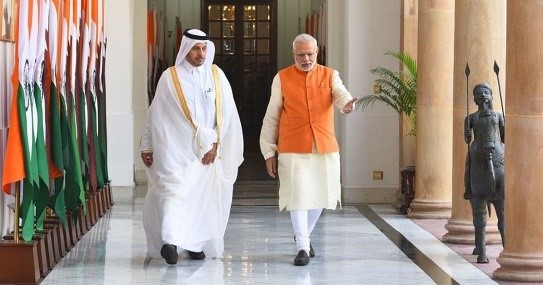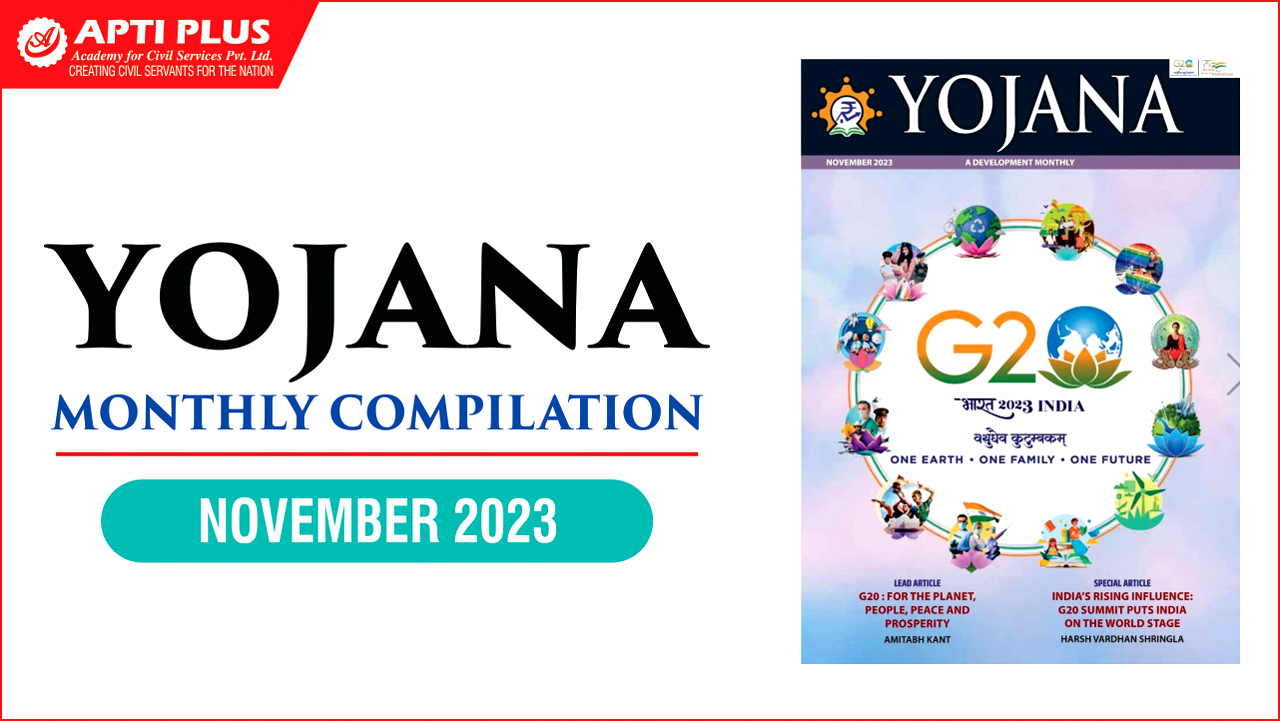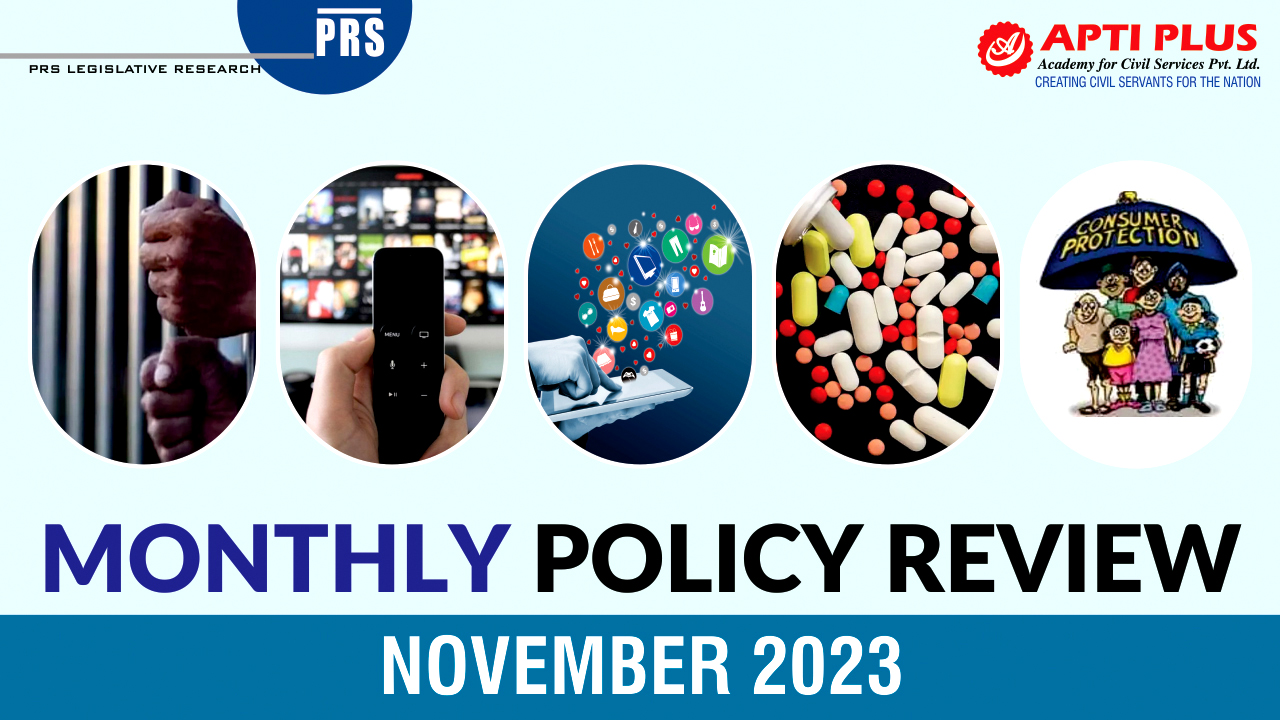
Disclaimer: Copyright infringement not intended.
Context
- External Affairs Minister is on a five-day visit to Russia.
India Qatar Relations
Diplomatic Relations:
- India and Qatar have maintained diplomatic relations marked by mutual respect and cooperation. Diplomatic engagement includes regular exchanges between officials, high-level visits, and participation in international forums.
Economic and Trade Relations:
- Economic ties between India and Qatar have grown significantly, with a focus on trade and investment. The two nations have explored various economic collaborations.
Agreements:
- The India-Qatar Double Taxation Avoidance Agreement and the Bilateral Investment Promotion and Protection Agreement (BIPPA) provide a framework for economic cooperation.
Statistics:
- Bilateral trade between India and Qatar exceeded $10 billion in 2021.
Energy Cooperation:
- Qatar plays a pivotal role as a major supplier of Liquefied Natural Gas (LNG) to India, contributing significantly to India's energy security. Both countries have expressed interest in expanding collaboration in the energy sector
Labor and People-to-People Ties:
- The Indian diaspora forms a substantial part of Qatar's workforce, contributing significantly to the economic development of the country. The welfare and rights of the Indian expatriate community are integral to the bilateral relationship.
Strategic Cooperation:
- India and Qatar collaborate strategically on various regional and global issues. This extends to areas such as counter-terrorism, security, and regional stability.
Infrastructure Development:
- Indian companies have found opportunities in Qatar's infrastructure development projects, including those related to the FIFA World Cup 2022.
Cultural and Educational Ties:
- Cultural exchanges and educational collaborations are actively promoted. Events, festivals, and educational programs contribute to a deeper understanding of each other's societies.
Healthcare Collaboration:
- Collaboration in healthcare has gained prominence, particularly in the context of the global COVID-19 pandemic. Both countries have collaborated on healthcare initiatives and the sharing of medical expertise.
Diaspora Engagement:
- The Indian diaspora in Qatar is an essential aspect of bilateral ties. Both governments prioritize the welfare and rights of the Indian community in Qatar.
Investments and Joint Ventures:
- Indian companies explore opportunities for investments and joint ventures in Qatar, contributing to economic growth and diversification in both nations.
Multilateral Engagement:
- Both countries actively participate in multilateral forums, sharing common perspectives on global challenges. Their collaboration extends to issues such as climate change, sustainable development, and the reform of international institutions.

Way Ahead for India-Qatar Relations:
Diversification of Economic Ties:
- Strategy: Actively explore and diversify economic collaboration beyond traditional sectors. Encourage investments in emerging industries, technology, and innovation.
- Implementation: Establish joint committees to identify and promote new avenues for economic partnerships. Facilitate business delegations to enhance engagement between Indian and Qatari industries.
Enhanced Energy Partnership:
- Strategy: Strengthen collaboration in the energy sector, exploring opportunities for joint ventures, technology transfers, and sustainable energy solutions.
- Implementation: Foster discussions on long-term LNG contracts and encourage cooperation in renewable energy projects, aligning with both countries' commitment to environmental sustainability.
Infrastructure Development:
- Strategy: Deepen cooperation in Qatar's infrastructure projects, including those related to the FIFA World Cup 2022, by involving more Indian companies.
- Implementation: Facilitate partnerships and joint ventures, ensuring the active participation of Indian firms in Qatar's development initiatives.
Human Resource Development:
- Strategy: Strengthen collaboration in skill development and education to enhance the employability of the Indian workforce in Qatar.
- Implementation: Establish joint training programs, vocational courses, and scholarship opportunities, contributing to the professional growth of the Indian diaspora in Qatar.
Cultural Exchanges and Tourism Promotion:
- Strategy: Intensify cultural exchange programs and promote tourism between the two nations, fostering a deeper understanding of each other's heritage and traditions.
- Implementation: Organize joint cultural events, festivals, and tourism promotion campaigns to enhance people-to-people ties.
Research and Development Collaborations:
- Strategy: Facilitate joint research and development initiatives, especially in areas like healthcare, technology, and scientific innovation.
- Implementation: Create platforms for scientists, researchers, and innovators from both countries to collaborate on projects addressing global challenges.
Healthcare Cooperation:
- Strategy: Strengthen collaboration in healthcare, with a focus on joint research, medical technology exchange, and preparedness for future health crises.
- Implementation: Establish a framework for sharing best practices in healthcare management, training medical professionals, and collaborative efforts in pharmaceutical research.
Strategic Consultations:
- Strategy: Institutionalize regular high-level strategic consultations to address geopolitical challenges and explore opportunities for joint initiatives.
- Implementation: Establish forums for dialogue, fostering a deeper understanding of each other's strategic priorities and aligning their positions on global issues.

Environmental Sustainability:
- Strategy: Collaborate on environmental initiatives, sharing expertise in sustainable practices, and exploring joint projects in areas like renewable energy and conservation.
- Implementation: Develop a roadmap for bilateral cooperation on environmental sustainability, addressing climate change and promoting eco-friendly practices.
Inclusive Diplomacy:
- Strategy: Actively engage in regional and global forums, representing shared interests and advocating for inclusive and fair international policies.
- Implementation: Coordinate diplomatic efforts in forums like the United Nations, BRICS, and other regional organizations to address common challenges and contribute to global stability.
By pursuing these positive strategies and implementing collaborative initiatives, India and Qatar can further strengthen their bilateral relationship, fostering mutual prosperity and contributing to regional and global development. Regular assessments and adjustments to these strategies can ensure the continued growth and resilience of their partnership.
|
PRACTICE QUESTION
Q. How do the evolving economic and strategic partnerships between India and Qatar contribute to the regional stability and India's energy security, and what are the key diplomatic challenges and opportunities in this bilateral relationship?
|




